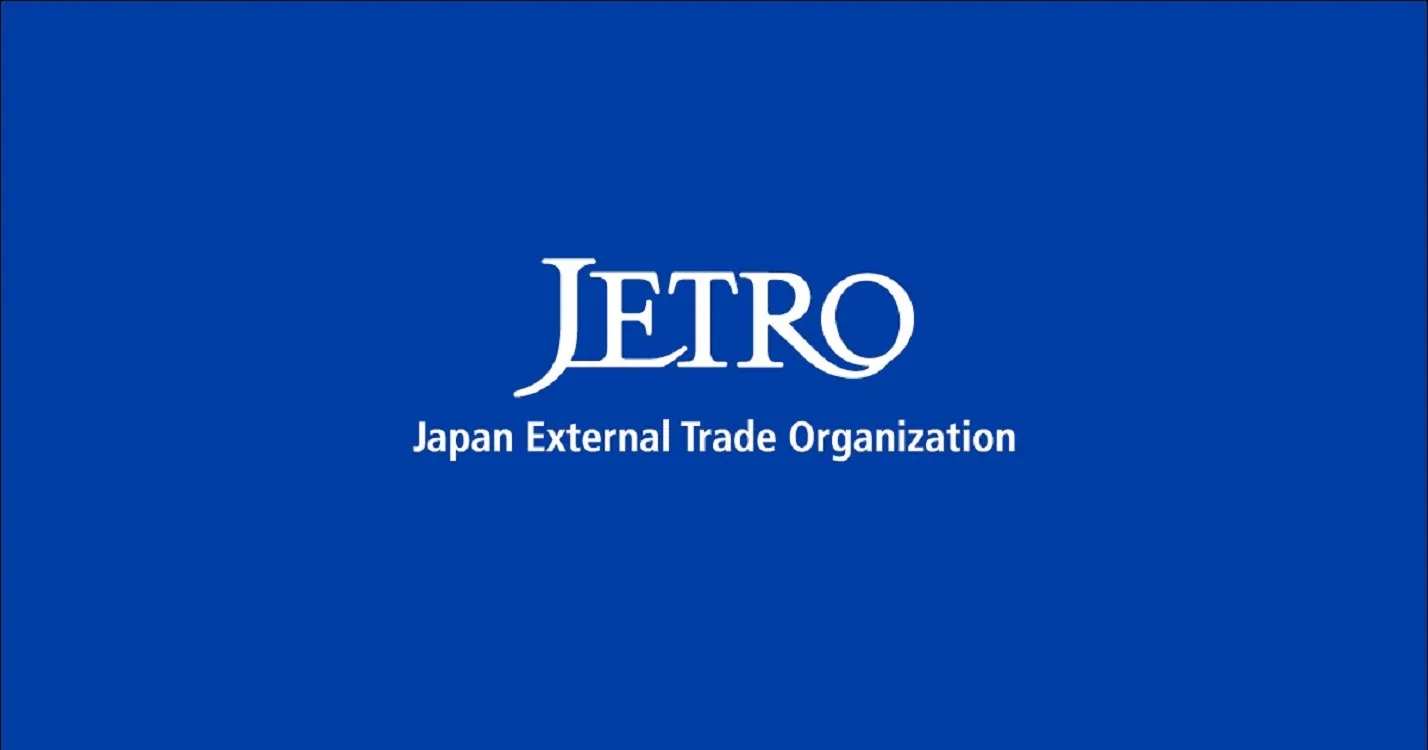


The Japan External Trade Organization (JETRO) reports that Japanese investment interest in Bangladesh remains robust, contrary to the perception that foreign investors are awaiting political clarity following the July Uprising in 2024.
JETRO Country Representative Kazuiki Kataoka stated that Japanese companies are actively expanding their business footprint. A post-uprising 2024 JETRO survey revealed that 57.7% of Japanese firms operating in Bangladesh intend to expand, representing the second-highest expansion intent in the Asia-Pacific region (third globally, after India).
The JETRO Dhaka office is now one of the busiest overseas offices in the organization, signaling high and increasing interest from Japanese companies.
Examples of ongoing expansion include NICCA Chemical Co Ltd constructing a factory at the Bangladesh Special Economic Zone (BSEZ) and Lion Corporation setting up a factory for dishwashing soap and toothbrushes in a joint venture with the local Kallol Group. While manufacturing for export remains key, the rising interest is significantly driven by Bangladesh's attractive domestic market. More Japanese companies are focusing on this consumption market, even considering domestic production to counter high import tariffs.
Despite the high interest, investors face persistent micro-level operational issues: Identified as a critical concern, particularly at the customs level. Major delays exist in obtaining necessary documentation, with work permits and security clearances often taking three to six months. These delays cause financial hardship, as foreigners cannot open bank accounts without a work permit. An effort to digitize the security clearance system is underway, with automatic approval intended if no objection is raised within 21 days.
Kataoka stressed that policy consistency is crucial for business activity. Investors are closely monitoring the political situation and the upcoming election, deeming a free, fair, and credible election essential.
A sustained administration resulting from a national mandate is expected to announce economic policies that will further encourage the many Japanese companies currently conducting feasibility studies to finalize their investment plans.
Comment